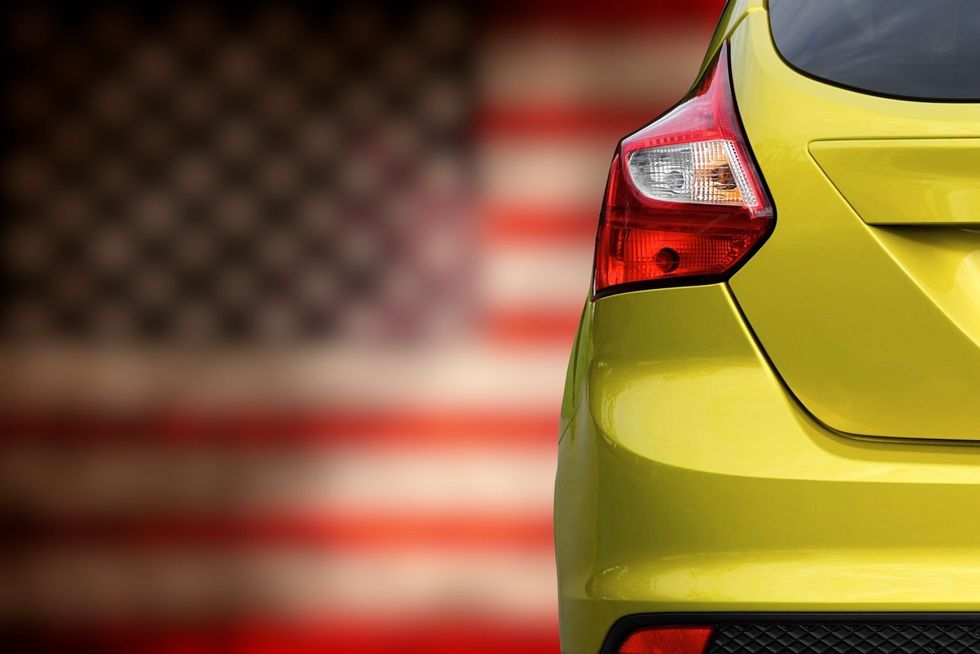
The global auto industry was thrown into turmoil on Wednesday (March 26) as US President Donald Trump announced sweeping 25 percent tariffs on imported vehicles and auto parts.
The tariffs, set to take effect in early April, mark a significant escalation in Trump’s ongoing trade war and are expected to raise car prices, disrupt supply chains and provoke retaliatory measures from key US allies.
The White House is framing the measure as a strategy to boost domestic manufacturing and address what Trump has called an unfair reliance on foreign production. However, the tariffs apply not only to foreign automakers, but also to American brands, which rely heavily on imported parts and assemble many of their vehicles outside the US.
Carmakers take share price hits
The announcement sent shockwaves through global stock markets, particularly in the automotive sector.
Shares of major automakers in Japan, South Korea and Europe plummeted, with Toyota Motor (NYSE:TM,TSE:7203) and Mazda Motor (TSE:7261) leading declines in Tokyo. South Korean carmakers Hyundai Motor (KRX:005380) and Kia (KRX:000270) also took heavy losses, while auto parts suppliers in India and Germany saw sharp drops.
US automakers were not spared — shares of General Motors (NYSE:GM) tumbled nearly 7 percent, while Ford Motor (NYSE:F) and Stellantis (NYSE:STLA) each fell more than 4 percent in after-hours trading on Wednesday.
Tesla’s (NASDAQ:TSLA) share price, however, saw a slight increase, despite a warning from CEO Elon Musk that the tariffs will still have a “significant” impact on his company.
Beyond the stock market reaction, industry analysts predict the tariffs could add thousands of dollars to the cost of vehicles, further straining American consumers already facing high inflation. The tariffs are expected to increase vehicle prices, with estimates suggesting an average rise of US$4,400 per new car.
The Center for Automotive Research previously projected that such tariffs could lead to a reduction of approximately 2 million in US new vehicle sales and result in the loss of nearly 714,700 jobs.
“The tariffs imposed today will make it more expensive to produce and sell cars in the United States, ultimately leading to higher prices, fewer options for consumers, and fewer manufacturing jobs in the US,” said Jennifer Safavian, president and CEO of Autos Drive America, in a recent statement.
International backlash and retaliation threats
Key US allies, including Canada, Japan, South Korea and the European Union, swiftly condemned the move from the Trump administration and signaled potential retaliatory actions.
European Commission President Ursula von der Leyen described the tariffs as “bad for businesses, worse for consumers,” while Canadian Prime Minister Mark Carney called them a “direct attack” on Canadian workers.
“We will defend our workers, we will defend…
Read More: Trump’s Auto Tariffs Ignite Global Trade Tensions and Market Uncertainty

